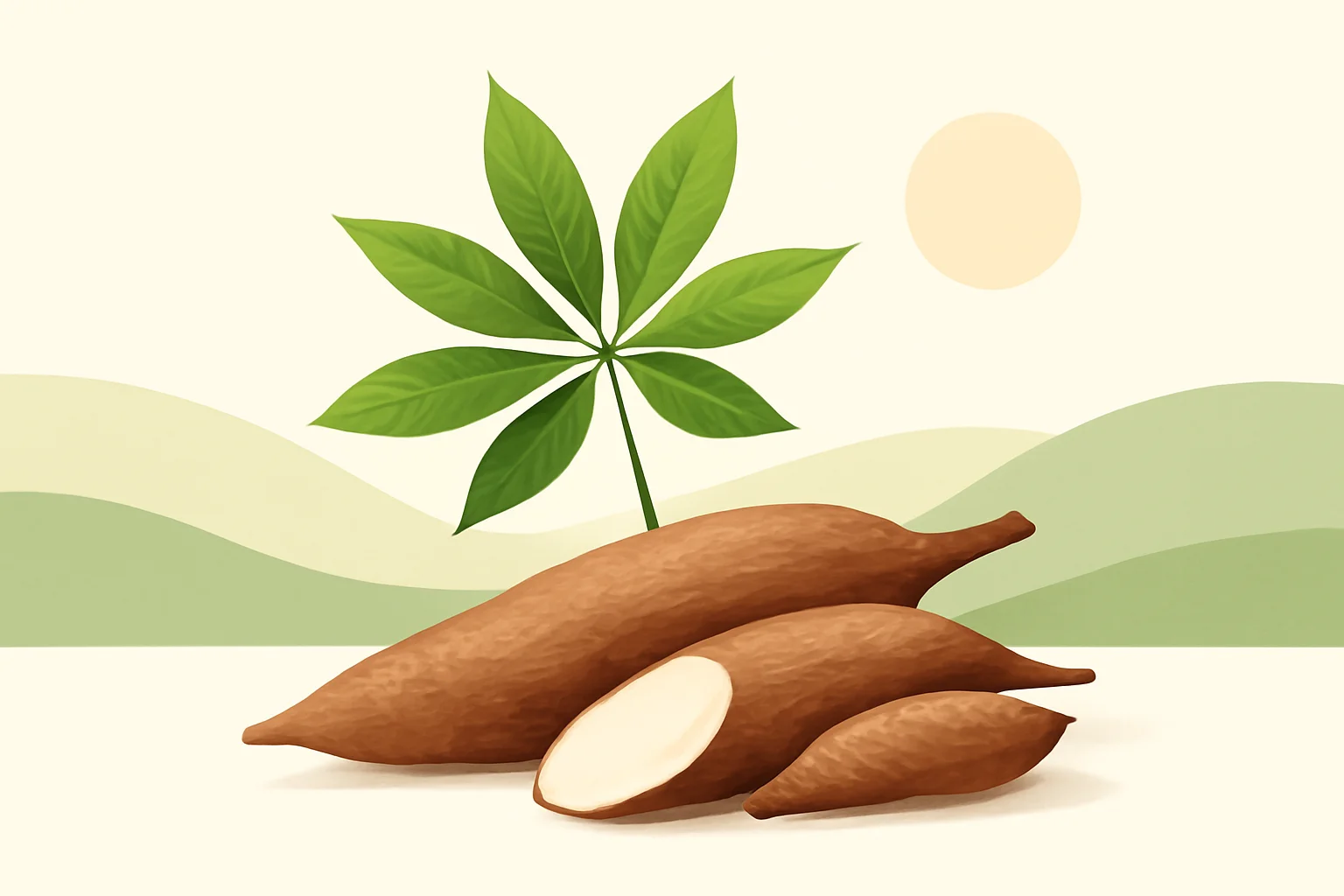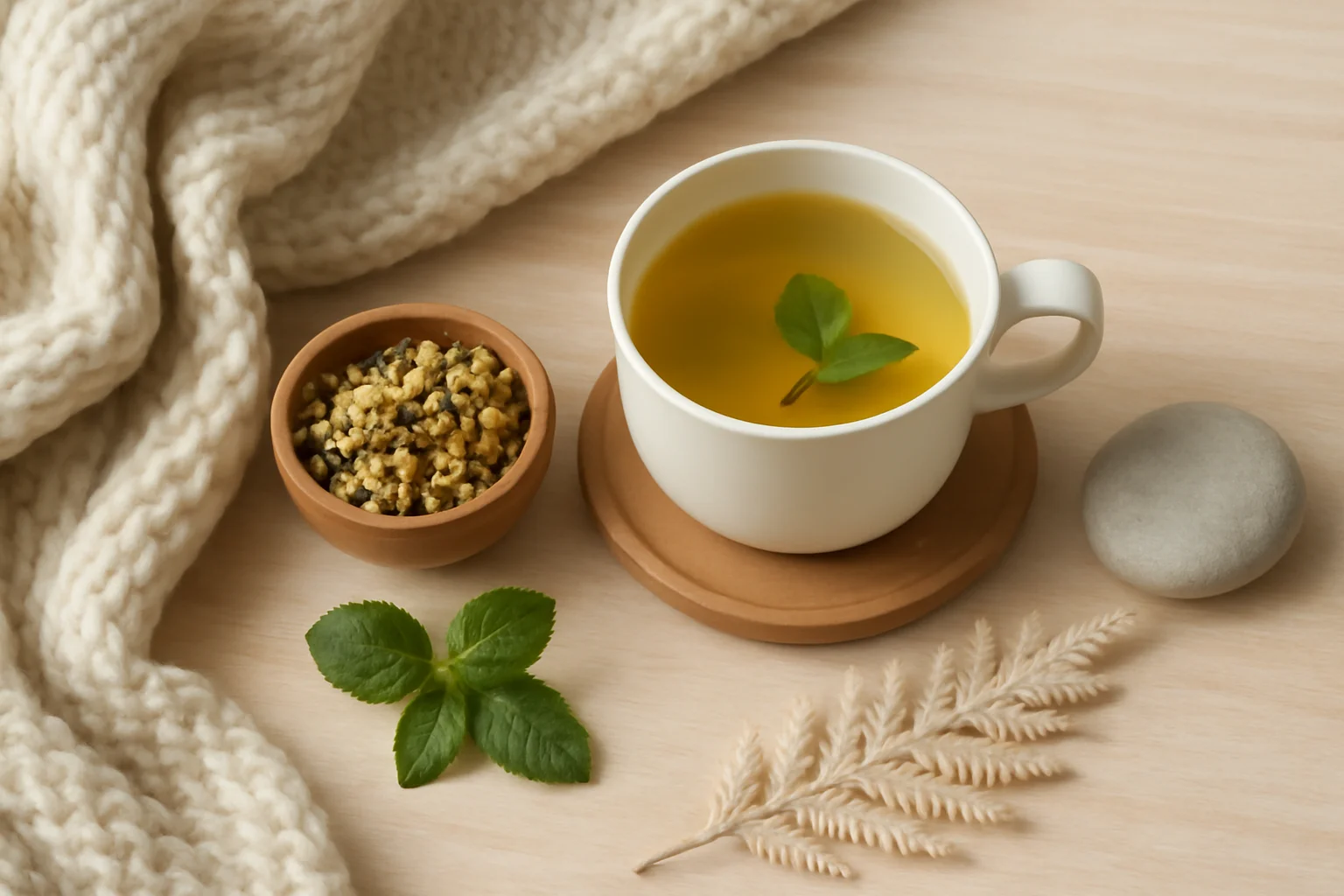
The Beneficial Effects and Uses of Cassava
The cassava, also known as manioc or yuca, is an incredibly versatile and nutritious root vegetable that is popular in tropical and subtropical regions, particularly in South America, Africa, and Asia. Cassava is a rich source of carbohydrates consumed worldwide and forms the basis of many traditional dishes. It has been cultivated by people for thousands of years and has become one of the most important food sources in the world, especially in regions where wheat or rice is hard to access.
Due to its unique properties, cassava is gaining increasing interest today, especially with the rising demand for nutritious foods and natural ingredients. Not only is cassava tasty and nutritious, but it also offers numerous health benefits that warrant increased attention. People often use it in various forms, including flour, mash, and fritters, making it an extremely versatile ingredient in the kitchen.
Cassava is also rich in nutrients, vitamins, and minerals, contributing to a healthy diet. As the world increasingly discovers the beneficial effects of this unique root vegetable, it is worth exploring its uses and the advantages that incorporating cassava into daily diets can bring.
The Nutritional Content of Cassava
The nutritional content of cassava is outstanding, contributing to its global popularity. The root vegetable is primarily rich in carbohydrates, which are the main energy source for the human body. Cassava typically contains around 30-40% carbohydrates, providing a significant amount of energy intake. Additionally, cassava is low in fat and gluten-free, making it an ideal choice for those with gluten sensitivities.
Cassava is also rich in vitamins and minerals. It contains various B vitamins, such as B6, riboflavin, and thiamine, which play important roles in metabolism and the proper functioning of the nervous system. Furthermore, cassava is a good source of vitamin C, which has antioxidant properties and contributes to strengthening the immune system.
Among the minerals, cassava contains significant amounts of potassium, magnesium, and calcium, which are essential for bone and heart health. For example, potassium helps regulate blood pressure, while magnesium contributes to muscle function and maintaining energy levels in cells.
It is important to note that when consuming cassava, one must pay attention to the proper preparation method, as raw cassava can contain toxic substances. Cooking helps remove these harmful compounds, making cassava safe to eat. Thus, cassava is not only nutritious but also a healthy choice when prepared correctly.
The Health Benefits of Cassava
The health benefits of cassava encompass a wide range and can offer numerous advantages. One of its most important benefits is that cassava has a relatively low glycemic index, meaning it raises blood sugar levels slowly. This is particularly important for diabetics who need to monitor their blood sugar levels. Consuming cassava can help stabilize blood sugar levels, thus contributing to the management of diabetes.
Additionally, cassava is a rich source of fiber, which positively affects the digestive system. Fiber helps regulate bowel movements, can reduce the risk of constipation, and supports gut health. A fiber-rich diet can also contribute to reducing the risk of cardiovascular diseases, as it helps lower cholesterol levels.
The antioxidants found in cassava, especially vitamin C, help neutralize free radicals, thus protecting cells from damage. This can help prevent chronic diseases like cancer or heart disease in the long run. The role of antioxidants in reducing inflammation is also significant, which can contribute to improving overall health.
The minerals found in cassava, such as potassium, also contribute to heart health, as they can help regulate blood pressure. This is especially important for those suffering from high blood pressure, who need to consider consuming potassium-rich foods in their diet.
Uses in the Kitchen
Due to its versatility, cassava offers numerous uses in the kitchen. One of the most common forms is cassava flour, which can be used for various baking and cooking applications. Cassava flour is a gluten-free alternative to wheat flour, making it an ideal choice for those with gluten sensitivities. It can be used to make breads, pancakes, cakes, and pastas that are both delicious and nutritious.
Cassava root can also be consumed boiled, baked, or steamed. The cooking methods offer a wide range of options, allowing everyone to find the most suitable solution for them. Boiled cassava, for instance, can be a great side dish for meat dishes, while baked cassava can serve as a crispy snack.
Cassava mash, which is made by crushing and cooking cassava root, is another popular way to use it. This mash can be added to various dishes, such as soups or stews, to provide a creamier texture and richer flavor.
Cassava fritters, made from cassava flour, are also very popular, especially in South America. These tasty bites can serve as excellent appetizers or snacks and can be easily made at home.
Thus, cassava is not only nutritious but also an incredibly versatile ingredient that can be incorporated into our diets in many ways. It is worth experimenting with it and discovering the flavors and textures that cassava has to offer.
**Warning:** This article does not constitute medical advice. Always consult your doctor or a specialist for health issues.

